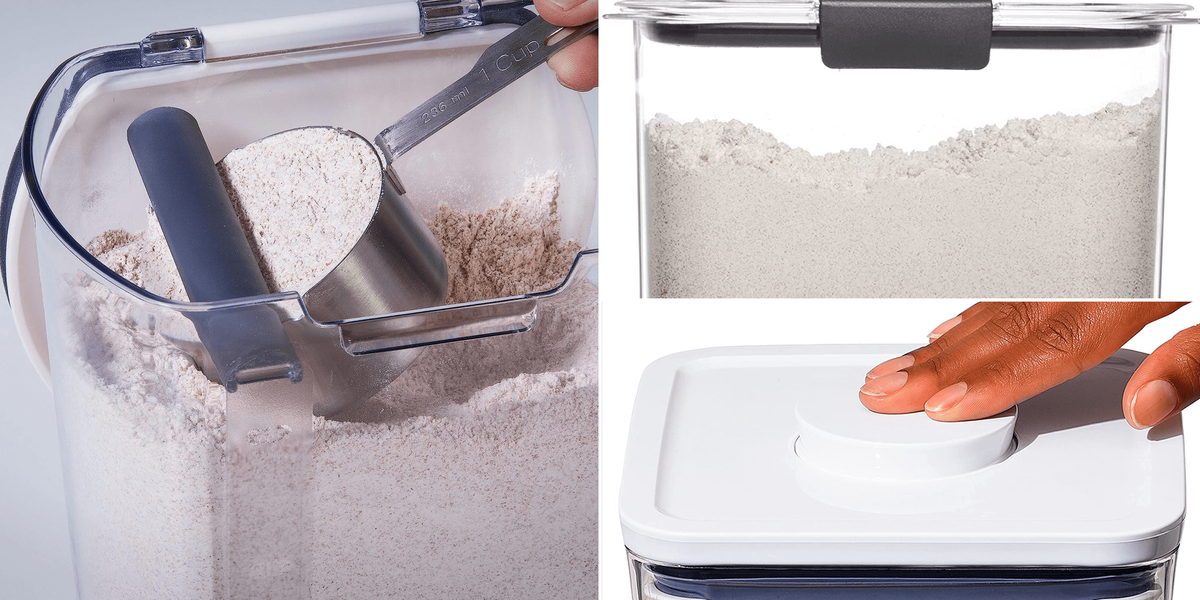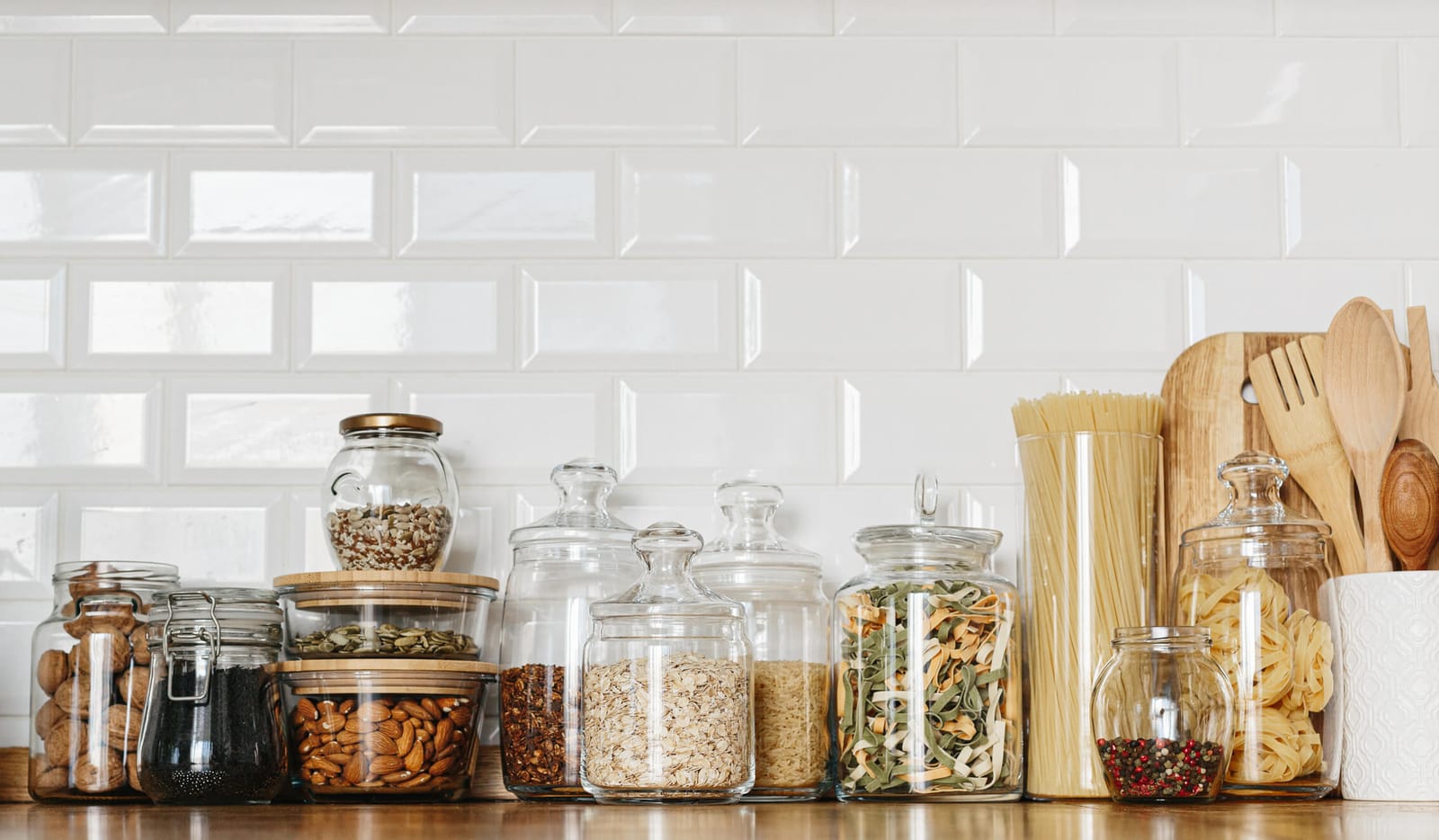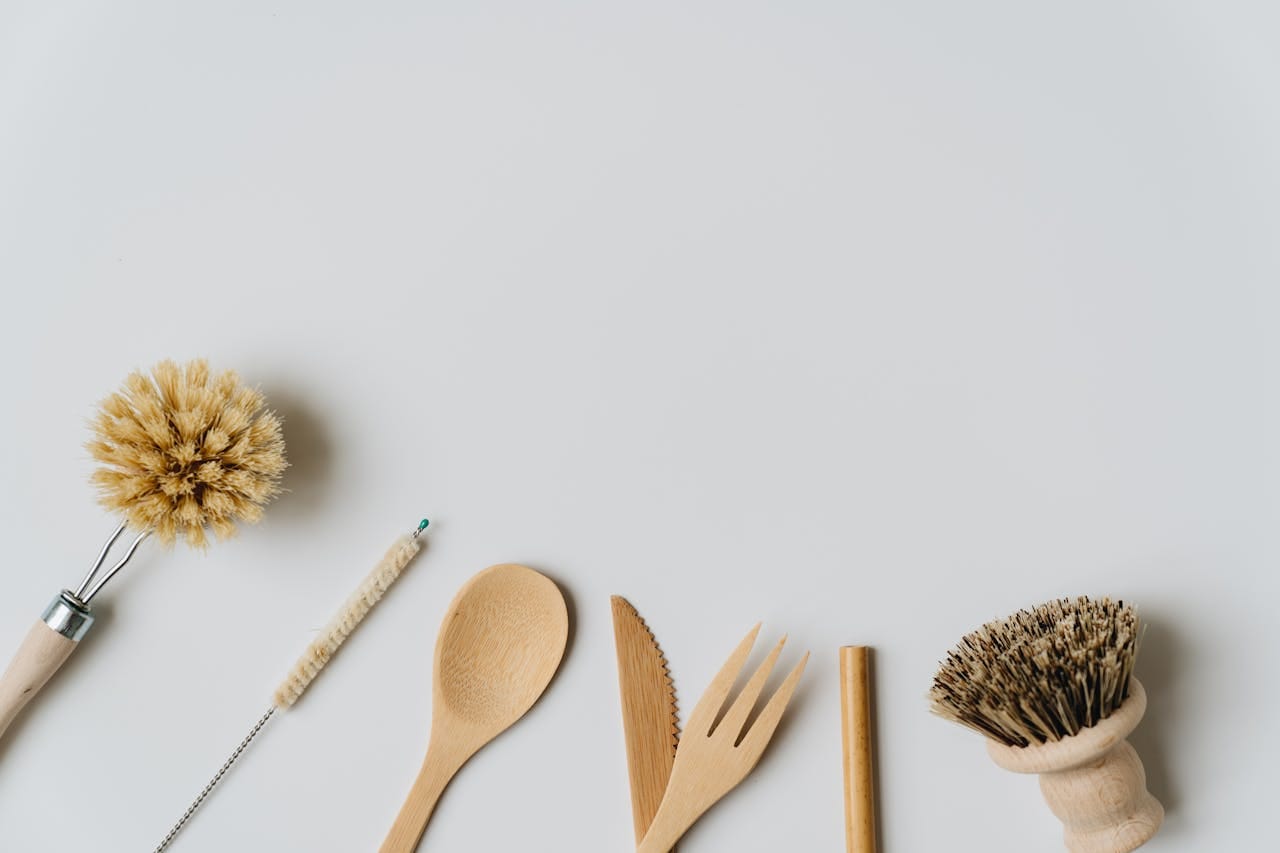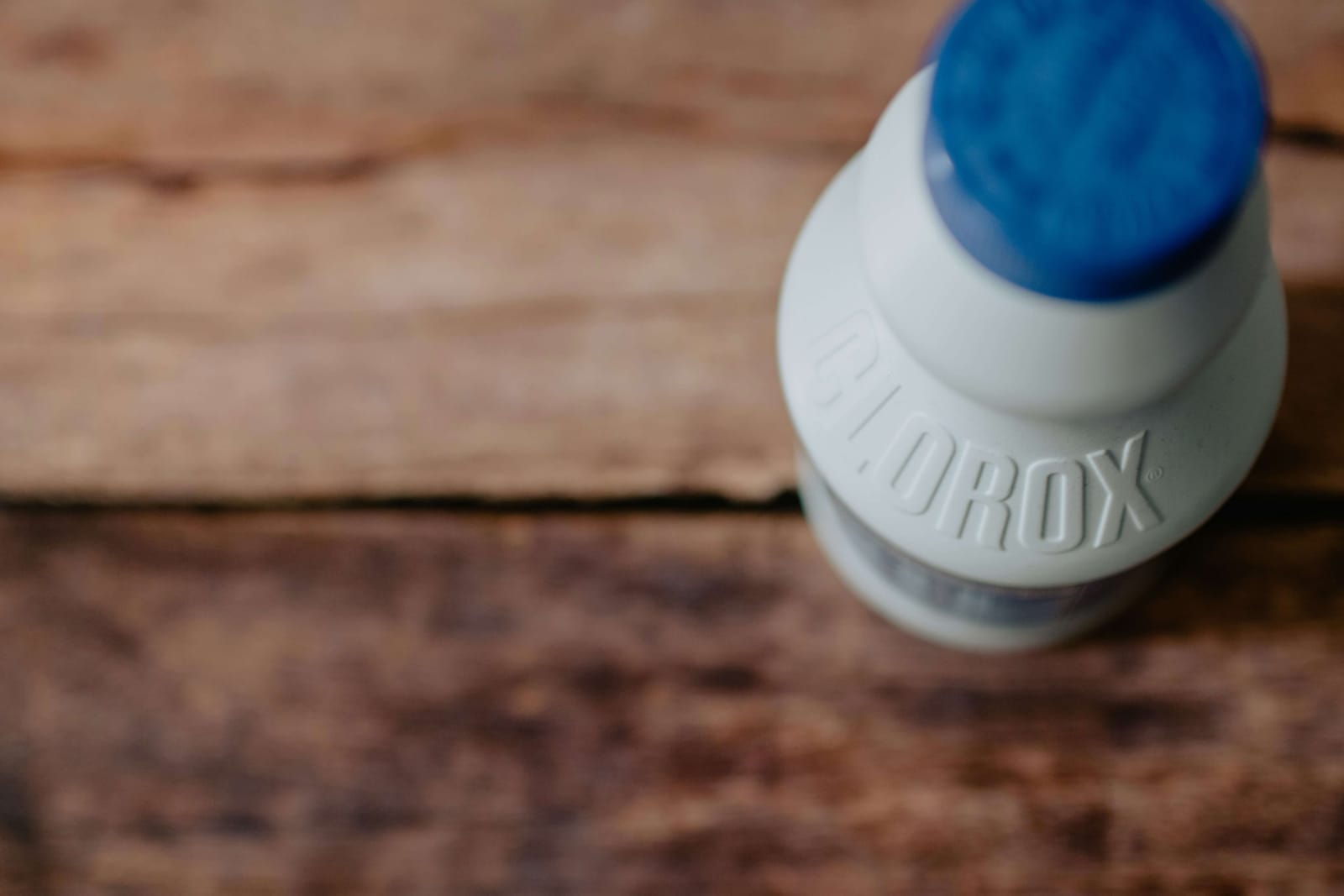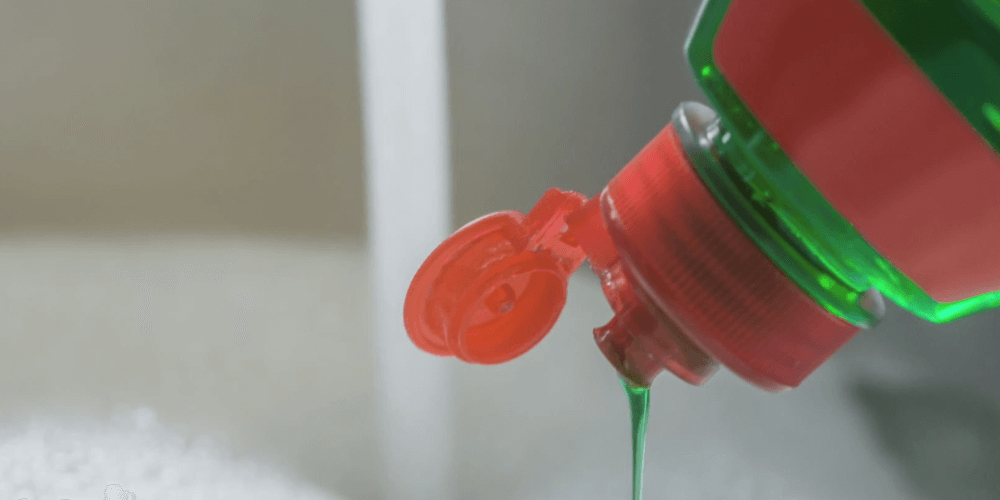In today's eco-conscious world, selecting the right materials for your kitchen is more than a choice—it's a commitment to sustainability and personal health. Among the myriad of options for reusable food storage, glass, silicone, and beeswax stand out for their unique benefits and environmental footprints. This guide dives into each material, helping you make informed decisions that align with your lifestyle and sustainability goals.
In This Article
- Glass Storage Solutions
- Silicone Storage Solutions
- Beeswax Wraps
- Making the Right Choice
- Care and Maintenance Tips
- Call to Action
Glass Storage Solutions
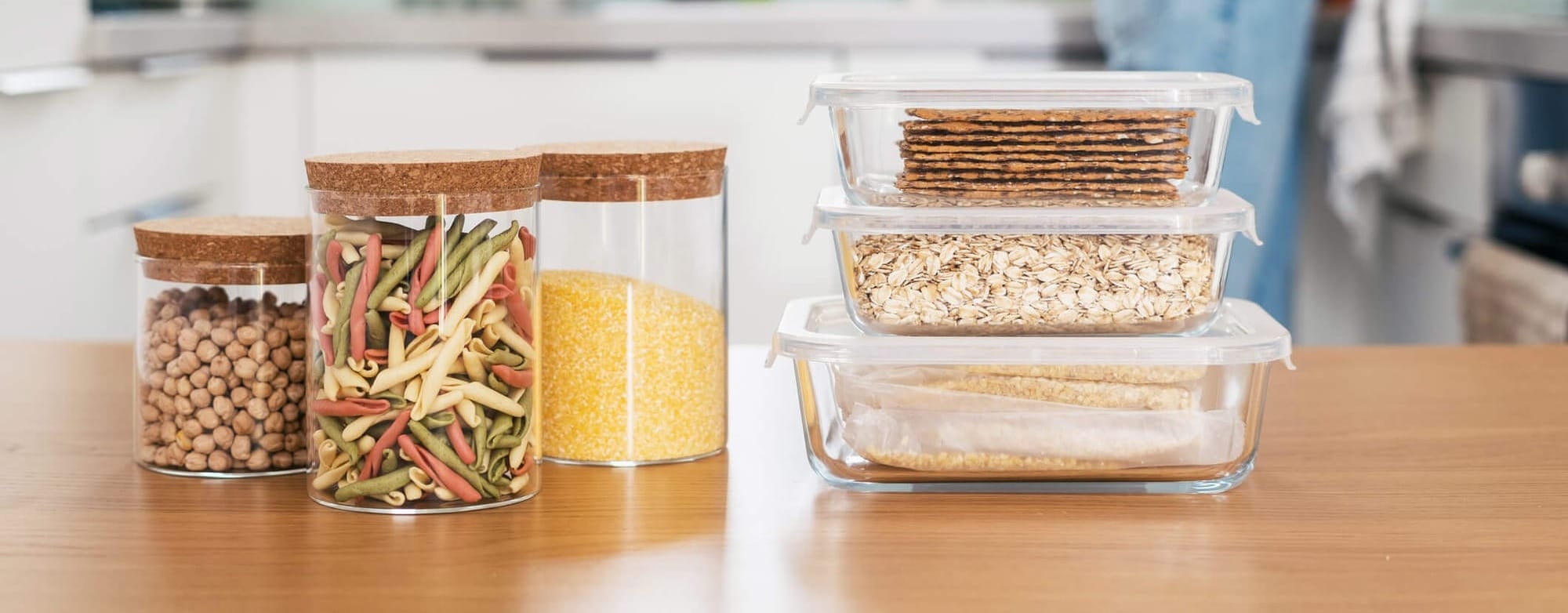
Overview: Glass is a time-tested favorite in kitchens around the globe, prized for its durability and non-reactive nature. Perfect for storing everything from leftovers to bulk pantry items, glass containers offer a clear advantage in the kitchen.
Advantages:
- Versatility: Glass containers can go straight from the fridge or freezer to the oven or microwave, making meal prep a breeze.
- Ease of Cleaning: With its smooth surface, glass is simple to clean, either by hand or in the dishwasher, without retaining odors or stains.
- Visibility: Being able to see your food makes it easier to keep track of what you have, reducing waste and simplifying meal planning.
Disadvantages:
- Weight: Glass is heavier than other materials, which might be a consideration for those with mobility issues or for use by children.
- Breakability: While modern glass storage solutions are designed to be durable, they can still break if dropped, posing a risk in busy kitchens.
Silicone Storage Solutions
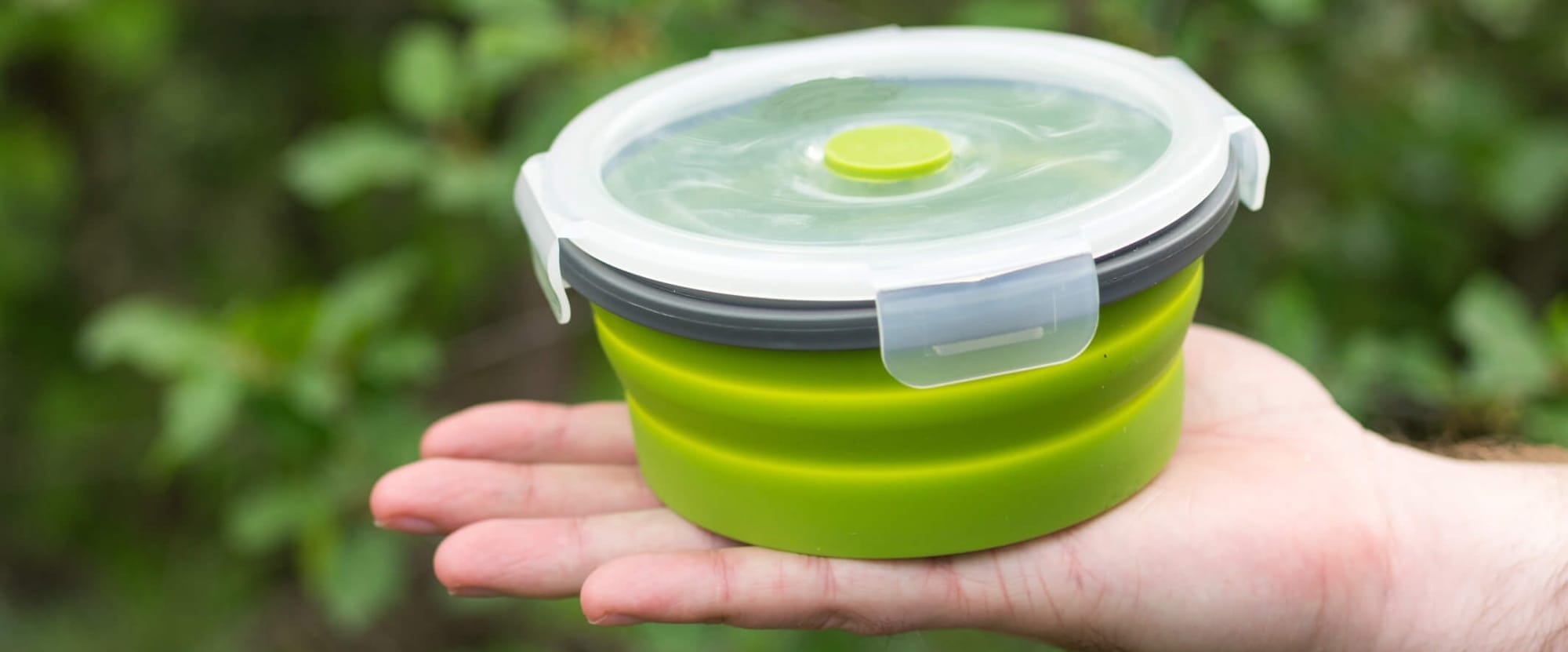
Overview: Silicone has emerged as a modern marvel for eco-friendly kitchens, offering unparalleled flexibility and a lightweight solution for food storage.
Advantages:
- Freezer Safe: Silicone's resilience in extreme temperatures makes it ideal for freezer storage, protecting your food from freezer burn.
- Portability: Lightweight and often collapsible, silicone containers are perfect for on-the-go meals without the bulk.
- Innovative Design: From zip-top bags to collapsible bowls, silicone comes in a variety of designs that traditional materials can't match.
Disadvantages:
- Manufacturing Concerns: While silicone is generally considered a more eco-friendly alternative to plastic, there are some questions about the environmental impact of its production process. The manufacturing of silicone requires energy and can release emissions. For a more in-depth exploration of this topic, check out this informative article by trvst.
- Durability: While silicone is tough, it can tear or wear over time, especially when subjected to sharp objects or extreme heat.
Beeswax Wraps
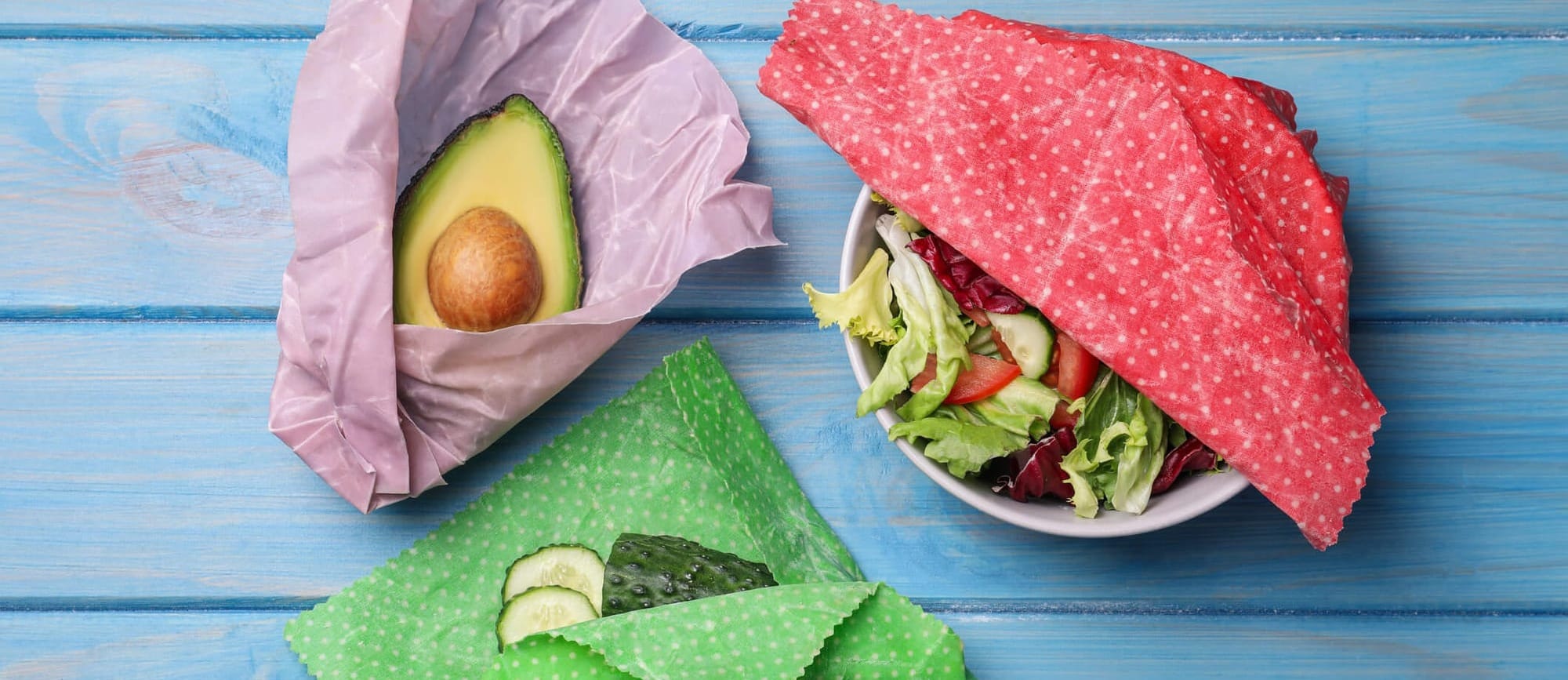
Overview: Beeswax wraps serve as a natural and sustainable alternative to plastic wrap, offering a compostable solution for food storage. Made from cotton infused with beeswax, resin, and oil, these wraps are malleable at room temperature and stiffen when cooled, creating a seal that’s perfect for covering dishes or wrapping food directly.
Advantages:
- Breathability: Unlike plastic, beeswax wraps allow food to breathe, making them ideal for storing cheese, bread, and certain types of produce, which helps in keeping them fresh longer.
- Eco-Friendly Composition: Fully compostable at the end of their life, beeswax wraps reduce waste and use natural materials, contributing to a more sustainable kitchen.
Disadvantages:
- Care Requirements: Beeswax wraps cannot be washed in hot water or with harsh soaps. They require gentle, cold water washing and air drying, which may not be as convenient as other options.
- Limited Lifespan: With proper care, beeswax wraps can last up to a year, but they will eventually wear out and lose their stickiness, requiring replacement.
- Food Limitations: They are not recommended for use with raw meat or fish due to cleaning limitations and potential for cross-contamination.
Making the Right Choice
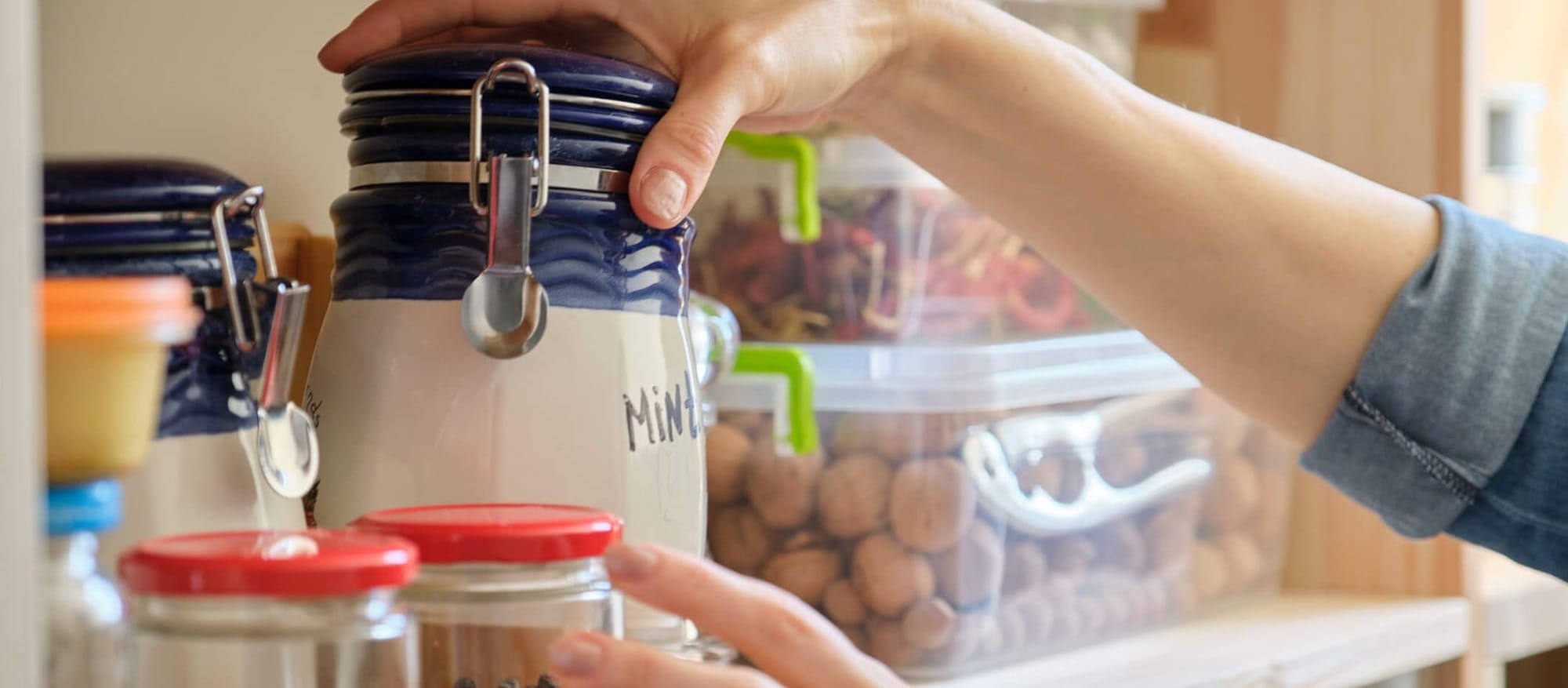
When deciding on the best reusable food storage solution for your needs, consider the following:
Food Types:
- Glass Containers are versatile and can handle almost any type of food, including acidic and liquid-based foods.
- Silicone Bags work well for freezing, marinating, and sous-vide cooking, offering a leak-proof seal.
- Beeswax Wraps are best for covering dishes, wrapping cheeses, bread, and produce, but not suitable for all food types.
Lifestyle Considerations:
- For those with limited storage, silicone options that are collapsible might be ideal.
- If you frequently use microwaves or ovens for reheating, glass is your go-to.
- For quick, light wrapping and a focus on compostability, beeswax wraps fit the bill.
Sustainability Goals:
- Glass offers longevity and is 100% recyclable, making it a sustainable choice for those looking to minimize waste.
- Silicone is durable and more eco-friendly than plastic, suitable for those reducing plastic use.
- Beeswax wraps support zero-waste goals with their natural composition and compostability.
Care and Maintenance Tips
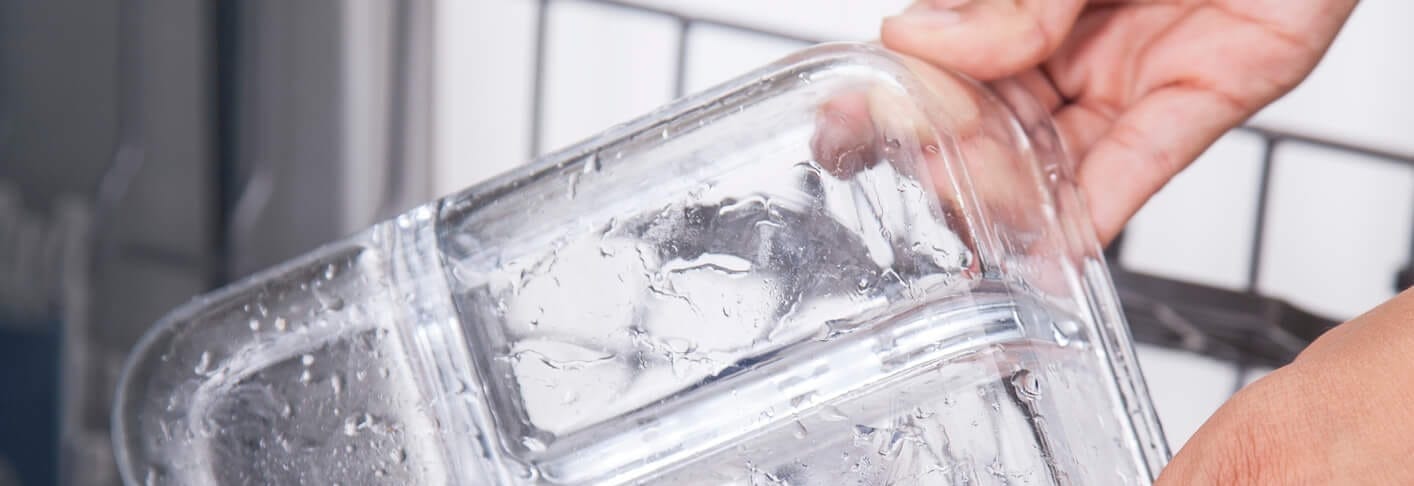
Glass Containers:
- Most are dishwasher safe, but check manufacturer recommendations for lids.
- Avoid sudden temperature changes to prevent cracking.
Silicone Bags and Containers:
- Dishwasher safe, though hand washing may extend their life.
- Avoid sharp objects that can puncture or tear the silicone.
Beeswax Wraps:
- Wash in cold water with a mild soap and air dry.
- Refresh the wax coating as needed by warming them in the oven on a baking sheet.
Call to Action
As you contemplate which storage solutions align best with your kitchen needs, consider the broader implications of your choice. Think about how each option fits into your daily routines, contributes to your sustainability goals, and affects the foods you love to cook and store.
We're all part of a larger community striving to make better choices for our health and the earth. If you've already embarked on this journey, we'd love to hear from you. Share your experiences, tips, and preferences with reusable food storage solutions. Your insights can greatly assist others in making informed decisions that reflect their values and needs.
Let's continue to inspire and support each other in making choices that benefit not just our households but also our global community. Together, we can make a significant impact, one reusable container at a time.
